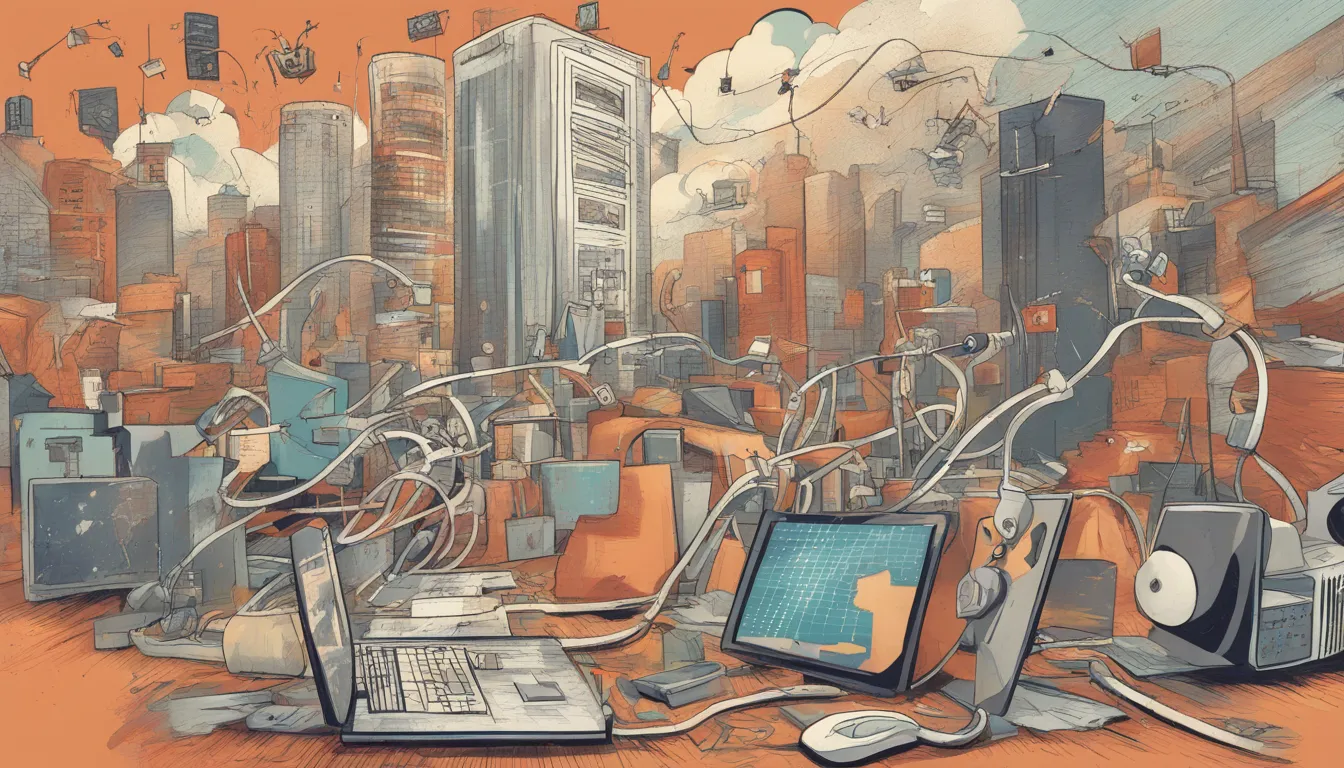The Evolution of Austin's Tech Scene: Challenges and Realities
In recent years, Austin, Texas, has emerged as a promising hub for tech startups and talent, challenging the dominance of Silicon Valley. However, beneath the surface of its vibrant tech scene lies a complex web of challenges and realities that are reshaping perceptions of the city's allure.
Techstars, a prominent startup accelerator, recently announced a pause on its Austin chapter after a decade of operation. This decision, coupled with other companies like Cart and Laundris relocating their headquarters elsewhere, raises questions about the sustainability of Austin's tech boom. The allure of lower living costs and a business-friendly environment has waned for some, overshadowed by issues like scorching summers, lackluster startup scenes, and limited funding opportunities, particularly for midsize companies.
Housing prices skyrocketed, outpacing income growth
The affordability that once drew professionals to Austin has diminished as housing prices skyrocketed, outpacing income growth. Moreover, concerns about persity and inclusion persist, exacerbating the challenges faced by middle-class professionals in accessing the housing market and competing for talent against tech giants like Google and Tesla.
While Austin's tech landscape offers opportunities, it also presents drawbacks. Infrastructure woes, including traffic congestion and overcrowded attractions, further strain residents' quality of life. Additionally, the state's lack of income taxes shifts the burden onto other forms of taxation, leaving many feeling financially stretched.
Incentives offered to companies raise concerns about long-term economic viability
The debate over tax structures extends beyond Texas, with comparisons drawn to states like California and Tennessee. While Texas boasts no income tax, its reliance on consumption and property taxes disproportionately affects the middle and lower classes, perpetuating income inequality. Similarly, incentives offered to companies like Oracle raise concerns about the long-term economic viability of such arrangements, potentially burdening taxpayers and undermining public services.
Political factors also influence perceptions of Austin's attractiveness. The city's progressive reputation clashes with conservative policies on issues like abortion and education, prompting some to reconsider raising families in Texas. The impact of political ideologies on social cohesion and economic development cannot be ignored in discussions about Austin's future.
The trade-offs
Moreover, environmental factors, such as extreme heat and limited outdoor recreation opportunities, contribute to residents' dissatisfaction. Comparisons to other regions, like the Pacific Northwest, highlight the trade-offs inpiduals face when considering relocation based on lifestyle preferences and climate conditions.
Despite these challenges, optimism remains among some residents and industry insiders. While acknowledging the need for improvements, they emphasize Austin's resilience and ongoing appeal to newcomers, particularly young professionals seeking career opportunities and cultural experiences.
Austin's evolution as a tech hub is marked by both promise and pitfalls. Addressing the multifaceted issues plaguing the city requires collaboration between policymakers, businesses, and residents. By confronting systemic inequities, investing in infrastructure, and fostering a perse and inclusive environment, Austin can reaffirm its status as a thriving center for innovation and entrepreneurship in the years to come.

